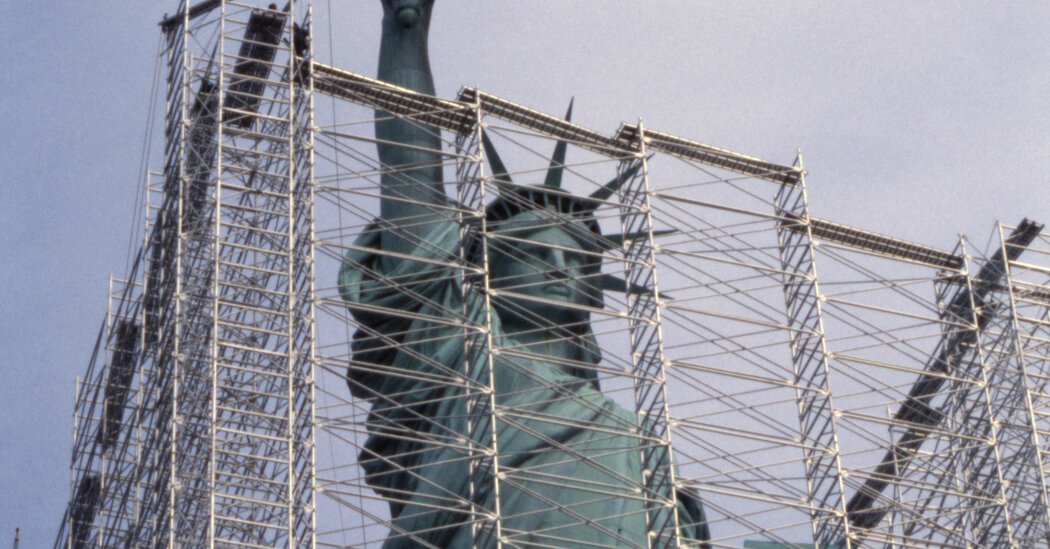whatever American consumers say about the state of the economy, they are spending as if their finances are in pretty good shape. Most recently, holiday sales appear to have been quite good.
…
Americans aren’t acting as if they’re terrified about crime. As I’ve written before, major downtowns have seen weekend foot traffic — roughly speaking, the number of people visiting the city for fun rather than work — recover to prepandemic levels, which isn’t what you’d expect if Americans were fleeing violent urban hellscapes.



This is the best summary I could come up with:
In the short run, of course, the pandemic had severe economic and social effects, in many ways wider and deeper than almost anyone expected.
The psychological toll is hard to measure, but the weakening of social ties contributed to a range of negative trends, including a surge in violent crime.
It was easy to imagine that the pandemic experience would leave long-term scars — that long Covid and early retirements would leave us with a permanently reduced labor force, that getting inflation down would require years of high unemployment, that the crime surge heralded a sustained breakdown in public order.
By now, anyone who writes about the economic situation has become accustomed to mail and social media posts (which often begin, “You moron”) insisting that the official statistics on low unemployment and inflation are misleading if not outright lies.
This is an area in which public perceptions have long been notoriously at odds with reality, with people telling pollsters that crime is rising even when it’s falling rapidly.
As I’ve written before, major downtowns have seen weekend foot traffic — roughly speaking, the number of people visiting the city for fun rather than work — recover to prepandemic levels, which isn’t what you’d expect if Americans were fleeing violent urban hellscapes.
The original article contains 902 words, the summary contains 211 words. Saved 77%. I’m a bot and I’m open source!